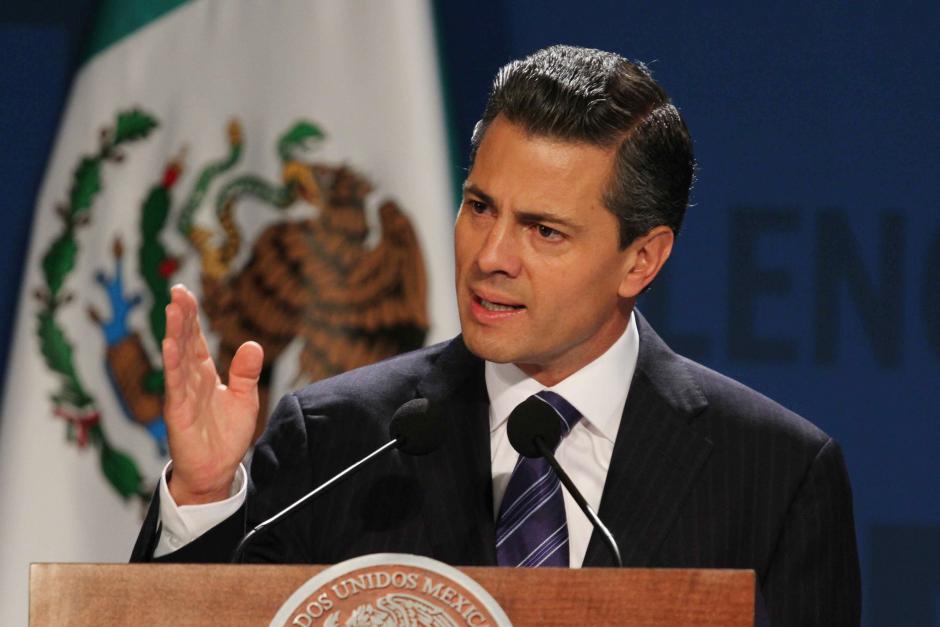This material belongs to: CNS News.
Mexican anti-corruption advocates are giving an enthusiastic thumbs up to sweeping new anti-corruption law that took effect last month, in spite of a political stalemate over the appointment of a special new attorney-general dedicated to prosecuting corruption.
The law targets both government officials and businesses, creates a new judicial and prosecutorial infrastructure for investigating corruption, and makes it a lot easier for citizens to call out corrupt public officials.
“This is the first time ever that you don’t have to file a case or present a formal complaint in order to start an investigation into corruption,” said Eduardo Bohorquez, director of the citizens group Transparencia Mexicana.
The new law, he said, empowers investigators to go after corrupt companies and seize their assets, including international firms doing business in Mexico.
“This is the first time ever that you are able to sanction the companies,” he said. “The legal structure is there.”
“You can actually dissolve the company – any company operating in Mexico. That is a sanction as well.”
By successfully lobbying to amend Mexico’s constitution and pass the new anti-corruption reforms, citizens have changed the debate about corruption in Mexico, Bohorquez told CNSNews.com.
“Corruption is pandemic but not endemic to Mexico,” he said, disputing the notion held by some that corruption is part of Mexico’s culture. “This is an institutional problem and we’re dealing with an economic crime.”
The first anonymous survey undertaken in Mexico to measure the actual number of corrupt transactions in Mexico found businesses paid nearly $89.5 million in bribes in 2016.
Released last month by Mexico’s census authority, 65 percent of the respondents said bribing public officials was necessary to speed up business permitting, while 30 percent said bribes were necessary to avoid fines or sanctions on their businesses.
The survey found 561 of every 10,000 businesses reported at least one act of corruption by a public official in 2016.
The number was double for the largest businesses interviewed.
This survey actually underestimated the amount of corruption, said Bohorquez, because start-ups and small- and medium-sized firms are the least likely to report it, fearing reprisals.
And those are the companies that face the most corruption when interacting with public officials, he added.
Companies caught in corruption under the new law can face fines of up to $6 million, according to an analysis by attorneys at the Dallas law firm Haynes and Boone, published last week on the website Lexology.
“It is important to note that companies can be held liable for private offenses when individuals acting on the company’s behalf or as legal representatives are involved in serious offenses and attempt to obtain benefits for the company,” it said.
According to the authors, Mexico amended its constitution two years ago “to completely change the legal framework regulating anticorruption in the country.”
The changes included the appointment of a special federal attorney-general dedicated to prosecuting corruption who would supposedly be insulated from the power of the president and executive branch, according to Lourdes Morales of the Mexican research institute CIDE.
That appointment, however, is tied up in a political battle brewing in the nation’s Senate, which has failed at three attempts to fill the position, she said.
The appointment is controversial because the term ends in October 2018 after which the current attorney-general Raul Cervantes, who was appointed by President Enrique Peña Nieto, will have the power to fill the position for a nine-year term.
Some senators fear that Cervantes will appoint himself to the position, Lourdes said.
But she predicts the political battle “can be overcome,” and she gives a grade of eight out of ten to the sweeping reforms.
“I’d like to give it a ten, but I believe that social pressure will serve to propel the process forward.”
Eighteen new administrative judges slated to hear corruption cases at the federal level have still to be appointed and only ten out of 32 states have implemented the reforms called for by the new law.
And resources need to be appropriated for a citizens oversight committee and an internet platform aimed at providing the public with access to the names of companies sanctioned for corruption, as well as personal financial disclosure forms the new law requires of all public servants.
“It’s a slow process. I believe it has been advancing significantly. There’s no magic wand. Things don’t change overnight. I am convinced things will change,” Lourdes said.


